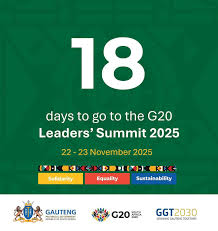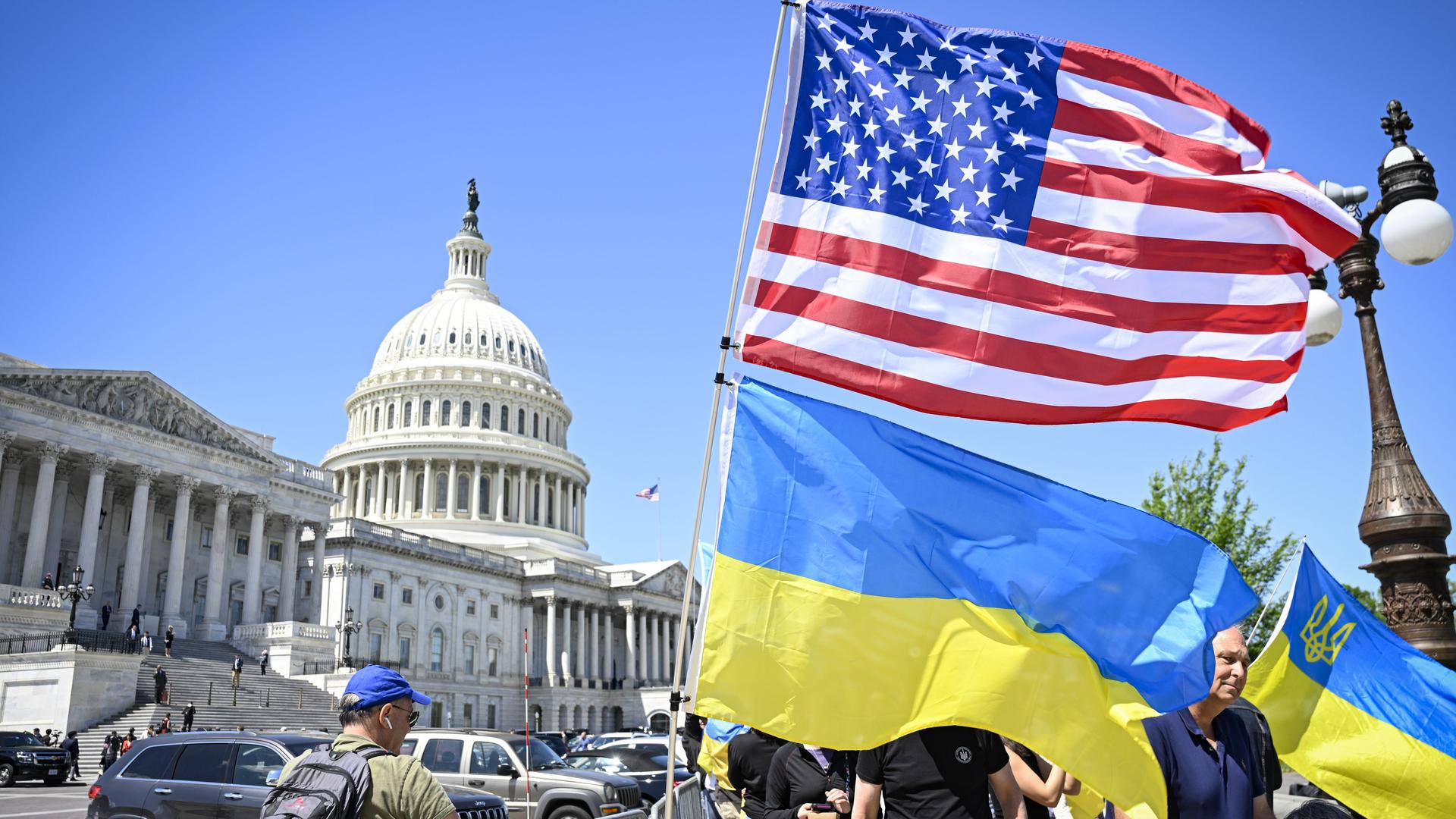Introduction
The state of Israel has long been at the epicenter of geopolitical discussions, and recent events have only amplified its significance on both regional and global scales. From its dynamic political landscape to the ongoing impacts of security concerns and international relations, Israel continues to be a focal point for analysts, policymakers, and the global community. The relevance of understanding Israel extends beyond its borders, as its stability and policies influence wider Middle Eastern dynamics.
Recent Events Shaping Israel
As of October 2023, Israel has been undergoing substantial political changes, marked by the recent elections and the formation of a new government coalition. Emerging from a contentious electoral process, Prime Minister Benjamin Netanyahu has regained power, leading a right-wing coalition that faces significant challenges both domestically and from international partners.
Additionally, Israel’s ongoing conflicts with Hamas in Gaza have flared up again, culminating in a series of exchanges of fire. The latest tensions began with a marked increase in rocket fire from Gaza, prompting retaliatory airstrikes by the Israeli Defence Forces (IDF). This cycle of violence has drawn criticism from human rights groups and has heightened calls for international intervention. The humanitarian situation in Gaza remains dire, and discussions around a two-state solution have been rekindled amid global calls for peace.
Societal Impact and Reactions
Domestically, the recent government change has polarized public opinion. Supporters hail Netanyahu’s hardline policies as necessary for security, while opponents argue that such stances jeopardize human rights and exacerbate tensions with Palestinian communities. Protests have erupted in major cities, reflecting a divided society grappling with the implications of current leadership and policies.
Furthermore, Israel’s place on the international stage continues to be scrutinized, particularly regarding its relations with neighboring nations and global allies like the United States. Recent diplomatic efforts aimed at normalization with Arab nations, following the Abraham Accords, may be put to the test as political realities shift.
Conclusion
As Israel navigates through turbulent political waters and ongoing conflicts, the implications for residents and the broader Middle East are profound and far-reaching. The stakes are high; with rising tensions and societal divisions, observers are left to ponder the future trajectory of both Israel’s governance and its relations with Palestinians. For local and international stakeholders, staying informed on Israel’s developments is crucial not only for immediate impacts but also for understanding the long-term consequences on peace and stability in the region.


